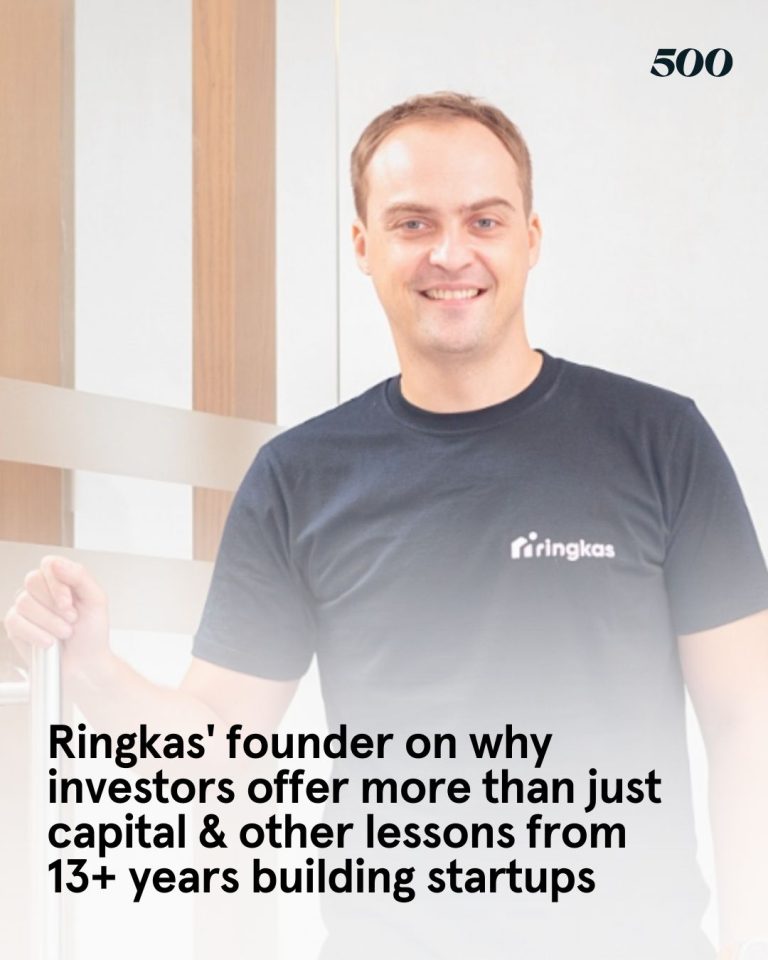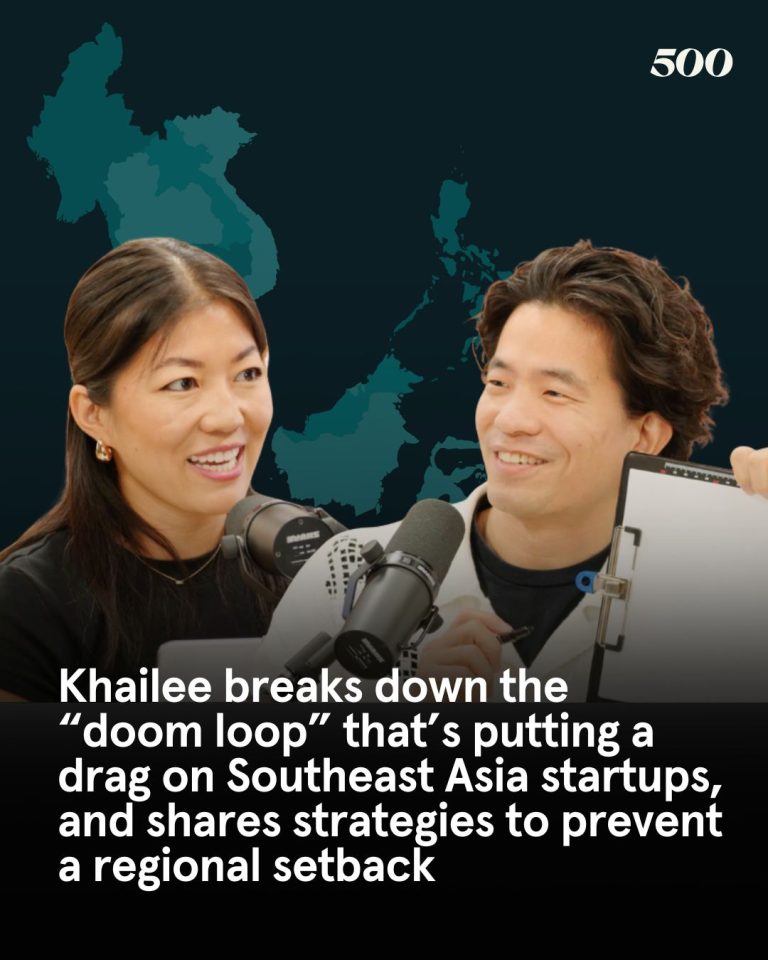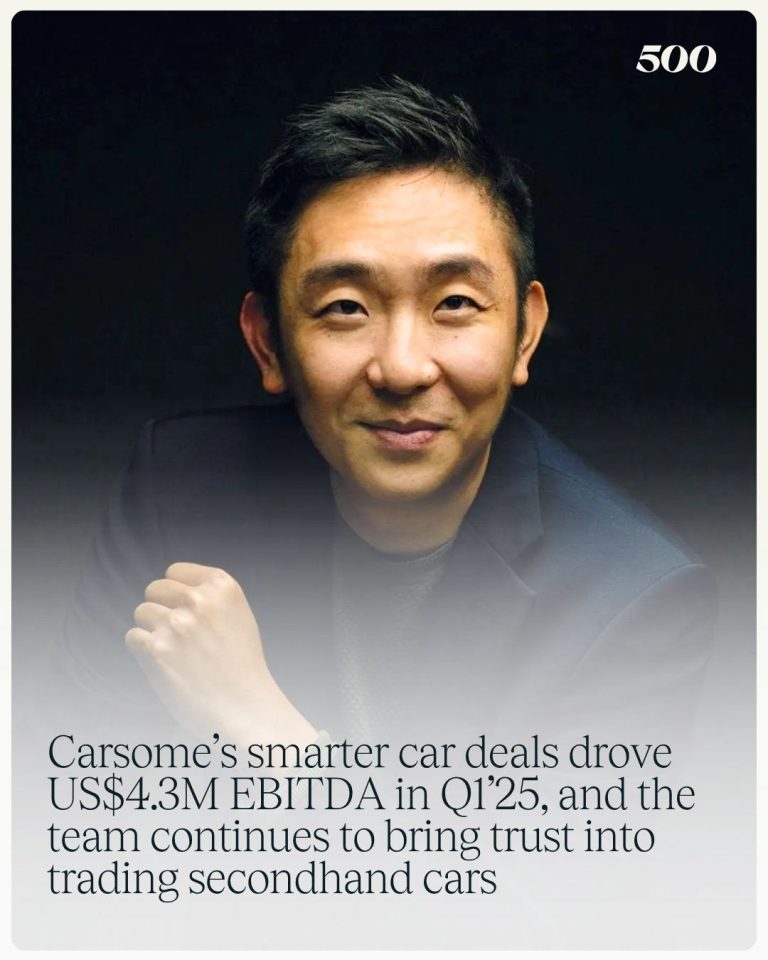Future unchained
- “Those of us who believe in the future of Web3 understand that scaling it is not about explaining it to a billion users. It’s about making Web3 technologies so easy to use, so seamless that people don’t even know they are now on Web3,” shared Co-founder & CEO Gary Liu of 500-backed Terminal 3.
- Gary’s journey is deeply-entrenched within the tech industry. It began in 2007 in Google — 3 years after their IPO and 7 years after their founding — where he served for 2 years, taking to heart how a top-tier tech company functions.
- He later moved on to marketing software company Clickable, online services provider AOL, and music streaming company Spotify.
- In 2017, at 33 years old, Gary was asked to run the South China Morning Post (SCMP). During his 5-year tenure, he led the digital transformation of the century-old traditional media company to amplify the Asian voice.
- This enabled the management team to gather and analyse real-time data, turning their insights into projects that enhanced its branding, operations and products. SCMP’s global reach has increased 8x since it began its transformation process — largely due to his efforts.
- A year before stepping down, he launched Artifact, a side project to turn a selection of the company’s media assets into non-fungible tokens (NFTs). This allowed SCMP to securely preserve its content on the blockchain while generating revenue through merchandise sales. The inaugural drop sold out in just 2 hours.
- Since delving into the world of Web3, Gary has dedicated himself to creating a new era of the internet. In 2023, he co-founded Terminal 3, a startup that calls itself a ‘data freedom company’.
- The team provides a tool for businesses to securely store their users’ data and access it without unnecessary exposure. For example, if an enterprise wants to know how many of its consumers are over the age of 18, it would receive that information without knowing other personal details. The company currently stores over 1 million user profiles.
- “The internet is a wonderful, incredibly powerful tool, [but] it’s incredibly unequal,” he explained. “Very, very large companies hold the vast majority of the power on the internet because they own the vast majority of the data, but it’s the individual users—you and me—who are generating that data. Yet, the monetization of that data, the control of that data, the security of that data, are all controlled by these big companies.”
- Read the full story on Tatler.




